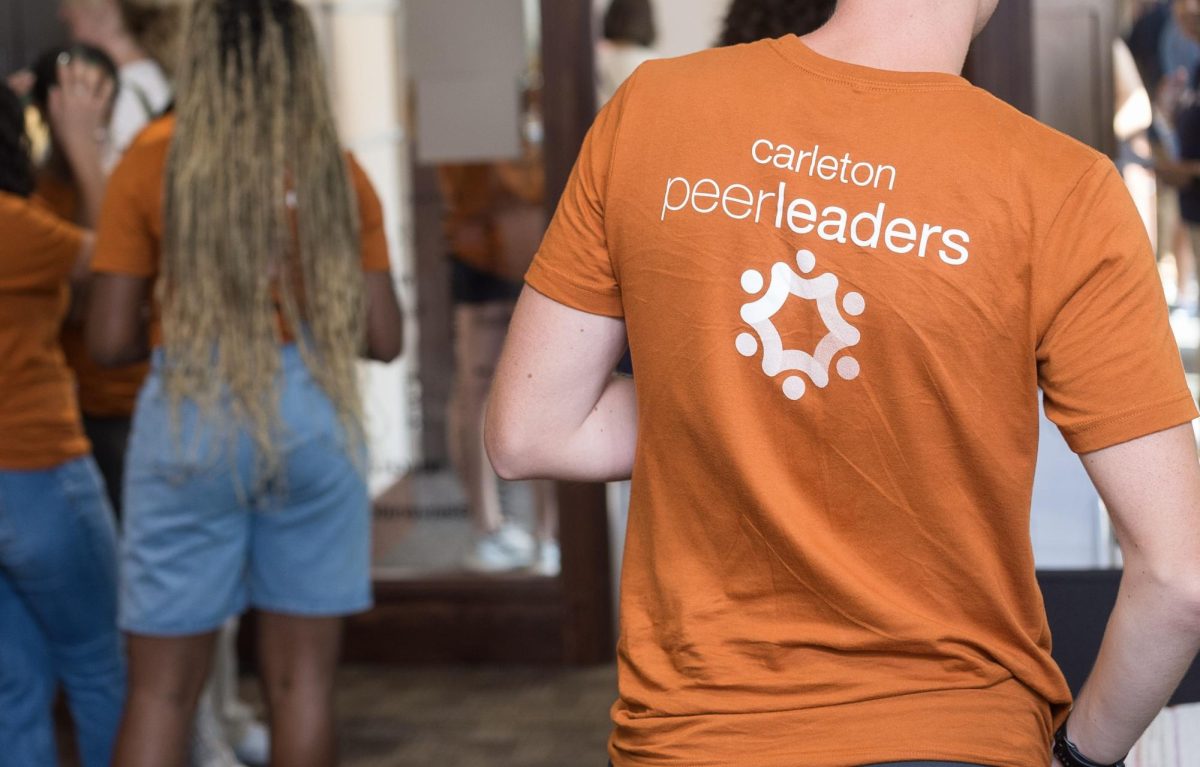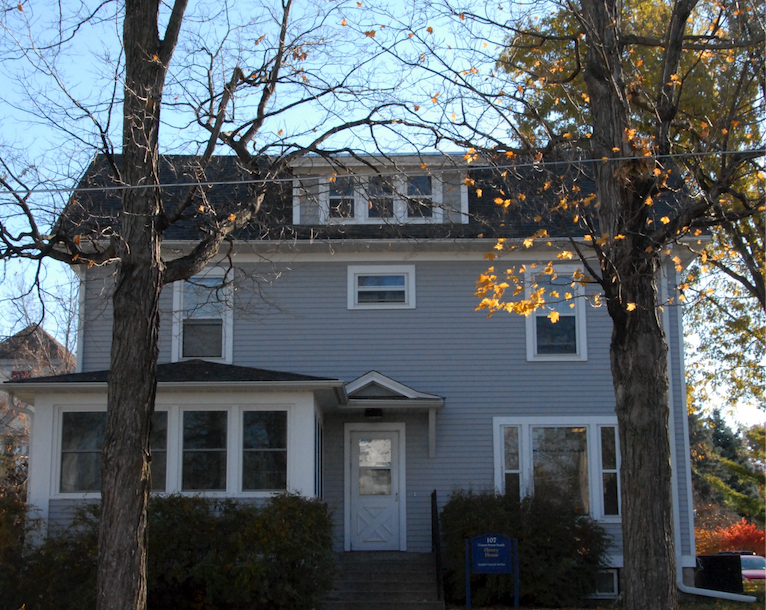Carleton’s Disability Services Office—which provides student accommodations and support and works to improve understanding of disability in the campus community—has just begun a major transition this winter: the search for a new director. Ever since former director Chris Dallager left Carleton at the end of January, Accessibility Specialist Samantha Thayer has served as Interim Director while the college searches for someone to fill Dallager’s position.
After four years as Carleton’s Director of Disability Services, Chris Dallager will be moving on to a similar job as Director of Disability Support Services and ACCESS at Mississippi State University. As Dean Livingston explained in an email to the campus community on January 29, ACCESS is a four-year transition program that helps students with intellectual or developmental disabilities prepare for life after college by giving them the opportunity to “live on campus, audit classes, learn employment skills, and receive significant coaching and support to set up independent living.”
Dallager’s new role will also involve helping with MSU’s Autism Liaison program, in which graduate students mentor degree-seeking undergraduates on the autism spectrum.
Dallager made some lasting changes to the office during his time at Carleton. Livingston notes in her email, for example, that he “consolidated and streamlined” the process that students must go through to obtain academic, housing or dining accommodations. He also created the office’s peer leadership positions.
In an interview published in Issue 2 of Winter Term’s Disability Digest, Dallager reflected on his work at Carleton. He admitted that the changes he is most proud of are those he made with the help of other staff and faculty from Carleton and from other colleges.
It was through collaboration with colleagues, he explained, that he worked to make the office better equipped to support students with mental health conditions, which are one of the most common reasons for needing accommodations. He commented, “I don’t think the work that almost any of us do at this college occurs because one person did it.”
Students have had a wide range of reactions to Dallager’s leadership of Disability Services. A June 2019 Carletonian article reported that although some students found the office very helpful, many found it disorganized and were frustrated that Dallager was not always quick to reply to email. Other students felt that the office should be doing more to get involved in campus life.
The article also explained that receiving approval for accommodations could be difficult, especially since getting the required documentation of one’s disability is often expensive.
Not all of the approval procedures and requirements are decided by Disability Services, so it is unclear how much a new director could change the process of arranging accommodations.
The search for a new director is already underway, but Disability Peer Leader Isabel Anderson ’22 observed that “finding the right fit for Carleton may take some time, especially in a pandemic.” Moreover, the requirements for applicants are demanding.
On Carleton’s Human Resources page, the position listing requires that candidates have a master’s degree in counseling, psychology, or a related field, as well as previous experience in a Disability Services office within an institution of higher education.
Human Resources also emphasizes that Disability Services should play an influential role in campus culture, explaining that the job of the Director and Assistant Director is not only to “provide accommodations” but to “develop and implement programming to increase awareness of disability issues and challenges at Carleton [in order to impact] policies [and frame] Carleton values, activities, and decisions to help develop an environment where students with disabilities can thrive.”
In answer to an email query, Associate Dean of Students Joe Baggot noted that the current plan was to “begin reviewing applications at the start of the Spring Term.” In the meantime, Thayer will continue to fulfill the responsibilities of the director in addition to her usual responsibilities as Accessibility Specialist.
Anderson—who has continued to work for the office remotely this Spring—commented that Thayer “has done an incredible job maintaining a smooth transition and continues to serve Carleton with an expertise that is appreciated by everyone who works in the office.”














